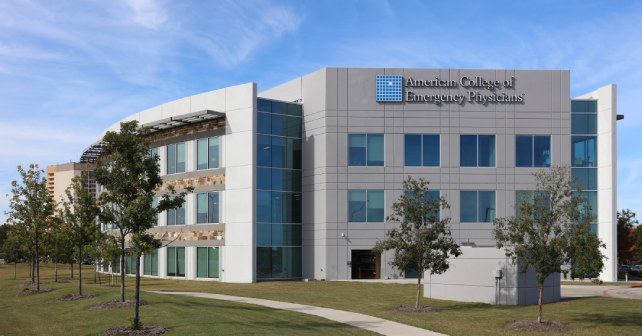
ACEP Responds to Idaho Supreme Court Decision
Idaho’s Supreme Court temporarily removed barriers to emergency abortion care for pregnant patients, but ACEP issued a response in June encouraging future courts to clearly and emphatically reaffirm the broad patient protections that already exist in federal law under the Emergency Medical Treatment and Labor Act (EMTALA).
Explore This Issue
ACEP Now: Vol 43 – No 08 – August 2024ACEP’s policy, Access to Reproductive Health Care in the Emergency Department, outlines the College’s commitment to equitable access to reproductive health care, procedures, medications and other interventions. Amicus briefs filed in 2022 in Texas and Idaho by ACEP in partnership with 22 other leading medical societies defend physician autonomy and reinforce emergency physicians’ obligations to offer stabilizing care, including abortions, when medically necessary.
ACEP urges courts in Idaho and throughout the country to avoid restricting or undermining access to vital emergency care. Emergency physicians and care teams must be able to care for pregnant patients without fear of legal overreach into evidence-based medical decision-making.
In Case You Missed It
- The webinar Maximize Scoring in the 2024 MIPS Program is set for Noon (CT) on Aug. 28 and will help you make the biggest gains in MIPS performance for the least amount of effort in refinement and management of quality measure performance.
- A recent CDC report found that, although medications for opioid use disorder substantially reduce mortality, they are underused. In 2022, only 25 percent of the patients needing OUD treatment received it, according to the report. ACEP’s pain and addiction care accreditation program can help. Pain and Addiction Care in the Emergency Department (PACED) establishes standards for high-quality care for pain and addiction management.
- ACEP and Pfizer Global Medical Grants have partnered to release an RFP focusing on improving outpatient management of emergency department patients with venous thromboembolism (VTE). All EDs are eligible, with a preference for projects serving rural or underserved communities. The deadline for submissions is Sept. 8, 2024.
CalACEP Advocacy Leads to Historic Medicaid Reimbursement Increase
The recently approved state of California budget includes an advocacy victory for CalACEP and a historic increase in Medi-Cal reimbursement for emergency physicians.
Beginning Jan. 1, 2025, Medi-Cal reimbursement for E&M codes will increase to 90 percent of Medicare and reimbursement for procedures will increase to 80 percent of Medicare. Reimbursement for emergency physicians treating Medi-Cal patients is currently at approximately 54 percent of Medicare.
The CalACEP advocacy campaign included more than 9,800 messages to state legislators to make sure emergency physicians were heard directly about the impact of these decisions on practices and patients.
Pages: 1 2 3 4 | Single Page





No Responses to “August 2024 News from the College”